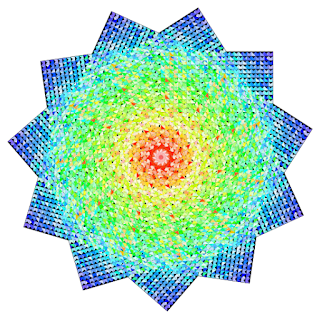HTML now supports
inline microformats. I know coins already has a solution to this,
but if we join that scheme we can leverage other microformat software.
Any element can have an item attribute.
<div>
<p itemprop="a">1
<p itemprop="a">2
<p itemprop="b">test
</div>
so, I suggest the following which also will work with standard COinS software. It does however violate
a goal of coins, which is to have empty content.
Following the example at http://ocoins.info/
<div>
<span itemprop="Z3988" class="Z3988" title="ctx_ver=Z39.88-2004&rft_val_fmt=info%3Aofi%2Ffmt%3Akev%3Amtx%3Ajournal&rft.issn=1045-4438">ctx_ver=Z39.88-2004&rft_val_fmt=info%3Aofi%2Ffmt%3Akev%3Amtx%3Ajournal&rft.issn=1045-4438</span>
</div>
according to the COins standard the span should be empty, but I don't know what to do about that.
<div>
<span itemprop="Z3988" class="Z3988" title="ctx_ver=Z39.88-2004&rft_val_fmt=info%3Aofi%2Ffmt%3Akev%3Amtx%3Ajournal&rft.issn=1045-4438"></span>
</div>
I don't know whether this would work better:
You might be able to obtain this item.
<span itemprop="Z3988" class="Z3988" title="ctx_ver=Z39.88-2004&rft_val_fmt=info%3Aofi%2Ffmt%3Akev%3Amtx%3Ajournal&rft.issn=1045-4438"></span>
</div>
or this:
You might be able to obtain this item.
<coins itemprop="Z3988" class="Z3988" title="ctx_ver=Z39.88-2004&rft_val_fmt=info%3Aofi%2Ffmt%3Akev%3Amtx%3Ajournal&rft.issn=1045-4438">
</div>
or this:
<div item="info.coins">
You might be able to obtain this item.
<coins itemprop="info.coins.Z3988" class="Z3988" title="ctx_ver=Z39.88-2004&rft_val_fmt=info%3Aofi%2Ffmt%3Akev%3Amtx%3Ajournal&rft.issn=1045-4438">
</div>

